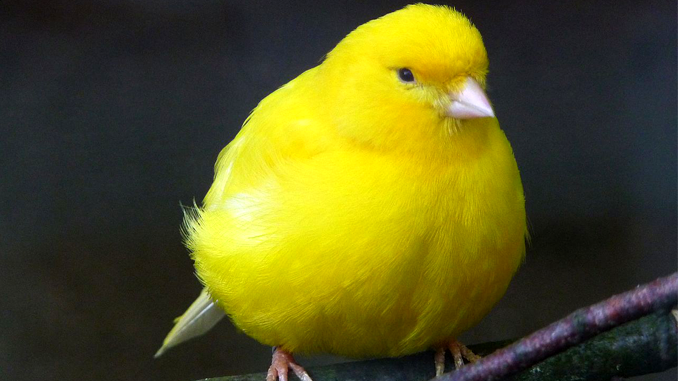
[h/t to aardunza for this story tip]
Malaysia is telling the world that it will not be its garbage dump as the country cracks down on others who would smuggle their garbage in under the pretext of recyclables.
PORT KLANG, Malaysia — “Malaysia will send back some 3,300 tons of non-recyclable plastic waste to countries such as the U.S., U.K., Canada and Australia in a move to avoid becoming a dumping ground for rich nations, Environment Minister Yeo Bee Yin said Tuesday.”
Yeo said Malaysia and many developing countries have become new targets after China banned the import of plastic waste last year. She said 60 containers stacked with contaminated waste were smuggled in en route to illegal processing facilities in the country and will be sent back to their countries of origin.
Ten of the containers are due to be shipped back within two weeks, she said, as she showed reporters contents of the waste at a port outside Kuala Lumpur.
The displayed items included cables from the U.K., contaminated milk cartons from Australia and compact discs from Bangladesh, as well as bales of electronic and household waste from the U.S., Canada, Japan, Saudi Arabia and China.
According to Yeo, the smuggled shipment from China appeared to be “garbage from France and other countries that had been rerouted after a ban imposed by China.”
Published 28 May 2019
“This is probably just the tip of the iceberg [due] to the banning of plastic waste by China,” Yeo said, adding that, “Malaysia will not be a dumping ground to the world … we will fight back. Even though we are a small country, we can’t be bullied by developed countries.”
According to Yeo, one U.K. company has exported “more than 55,000 tons of plastic waste in about 1,000 containers to Malaysia over the past two years.”
The government has clamped down on dozens of illegal plastic recycling facilities that had mushroomed across the country, shuttering more than 150 plants since last July. Earlier this month, the government also sent back five containers of waste to Spain.
Yeo said China’s plastic waste ban had “opened up the eyes of the world to see that we have a huge garbage and recycling problem.”
Citizens in rich nations diligently separate their waste for recycling but the garbage ended up being dumped in developing nations where they are recycled illegally, causing environmental and health hazards, she said.
“We urge the developed countries to review their management of plastic waste and stop shipping the garbage out to the developing countries,” she said, calling such practices “unfair and uncivilized.”
Yeo vowed to take action against Malaysian companies illegally importing used plastic, calling them “traitors to the country’s sustainability.”
According to a 2018 NBC News report, from 1992 to January 2019 China imported 45% of the world’s scrap and waste materials, including from the United States.
“But a Jan. 1 ban by the Chinese government on importing nonindustrial plastic waste, as well as stricter standards for the type of paper waste that is accepted, means much of that material now has no place to go,” leaving those dumping countries asking the question, what is the new plan?
For now, that answer is estimated to be that over the next dozen years, 111 million metric tons will go into landfills.
One US disposal and recycling company, Republic Services, used to send over 1000 shipping containers to China every day. That went to zero starting January 1, 2019, according to the company.
South China Morning Post reported on March 2, 2019, despite China’s ban, China found and sent containers of smuggled waste into their country back to their countries of origin in South Korea and the U.S.
China first signaled that it no longer wanted to be the dumping ground for the world’s synthetic garbage in 2013, when it enacted a temporary restriction and required markedly less contamination in the plastic shipments it allows into the country. The so-called Green Fence policy was a forerunner of the permanent ban that went into effect at the end of 2017, driven by China’s concerns about the long-term environmental impact of its being the world’s waste depot.
NBC
For full content and context, read:
With China saying no to plastic waste, the world needs a new plan – NBC News; June 25, 2018.
Malaysia to send back plastic waste to Western countries – NBC News; May 28, 2019.
